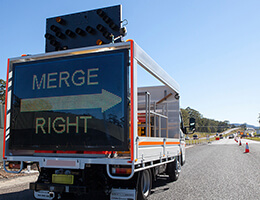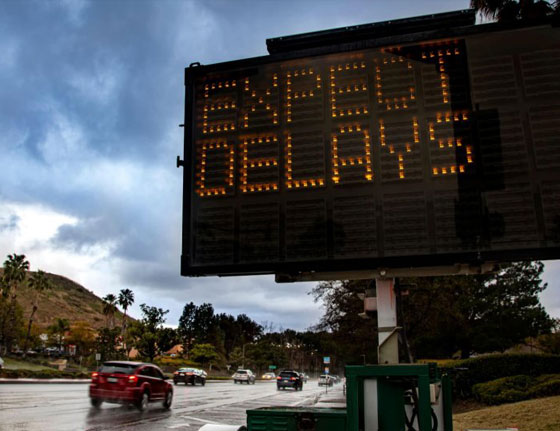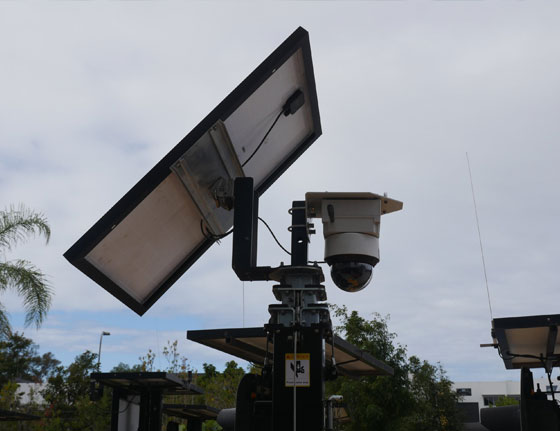Blog
Navigating Import Export Certifications for Best Solar Powered Street Lights for Global Buyers
As the global demand for sustainable energy solutions continues to rise, Solar Powered Street Lights have emerged as a pivotal technology in urban infrastructure. According to a recent industry report, the global market for solar street lighting is projected to reach approximately $19 billion by 2025, showcasing a compound annual growth rate (CAGR) of over 24% during this period. This growth is driven by increasing awareness of environmental issues and advances in solar technology that enhance energy efficiency and reduce electricity costs. However, navigating the complex landscape of import-export certifications presents a significant challenge for global buyers looking to procure these innovative lighting solutions.
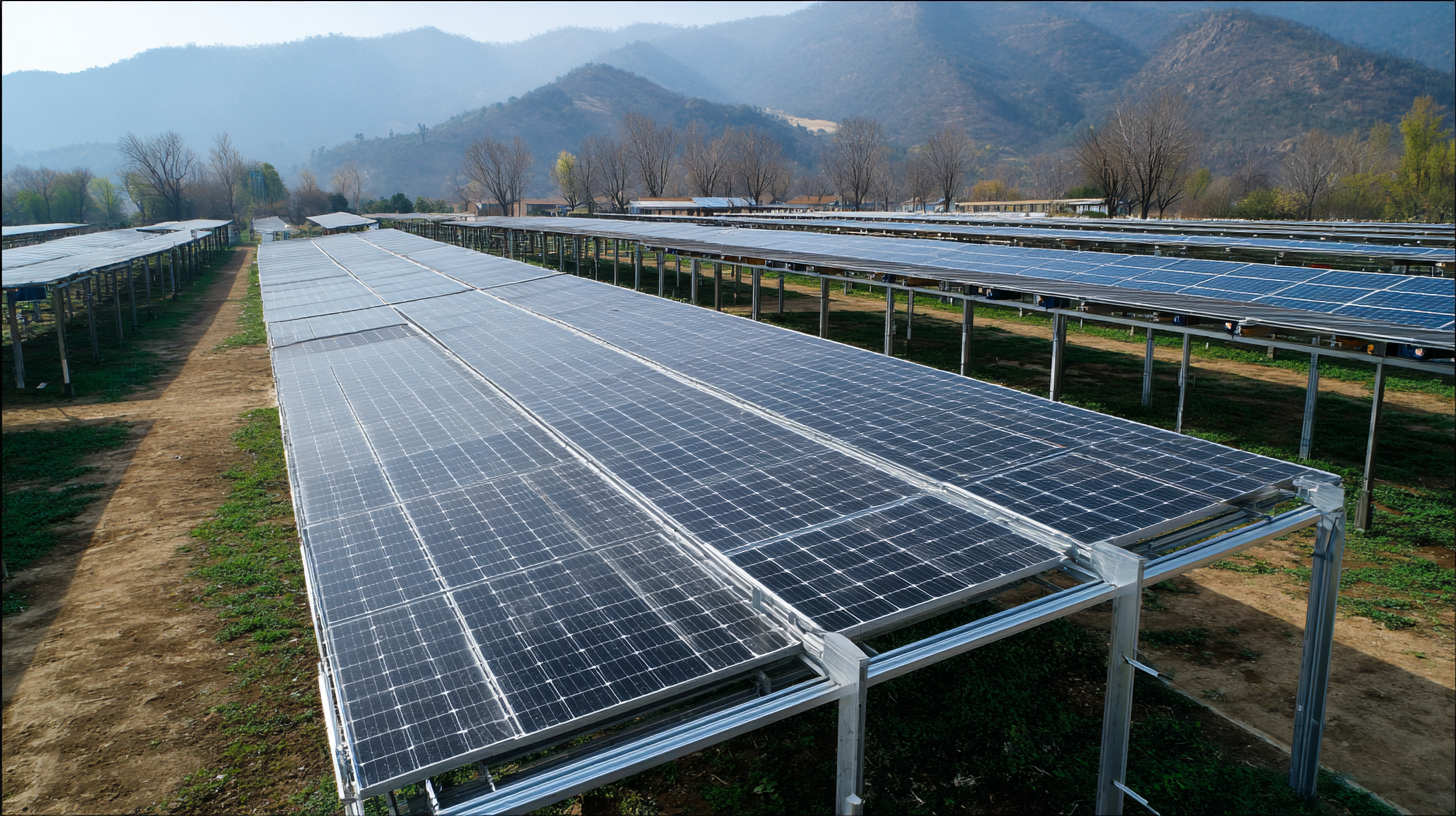
Understanding the certification requirements not only ensures compliance with international standards but also facilitates market entry in various regions, thereby enabling buyers to capitalize on the burgeoning demand for Solar Powered Street Lights.
Understanding the Importance of Import Export Certifications for Solar Street Lights
In the rapidly evolving landscape of renewable energy, solar street lights have emerged as a sustainable solution for urban infrastructure. However, for global buyers looking to implement these technologies, understanding the importance of import-export certifications is crucial. These certifications not only ensure compliance with international standards but also guarantee product reliability and safety. They serve as a passport for solar street lights to enter new markets, fostering trust between manufacturers and buyers.
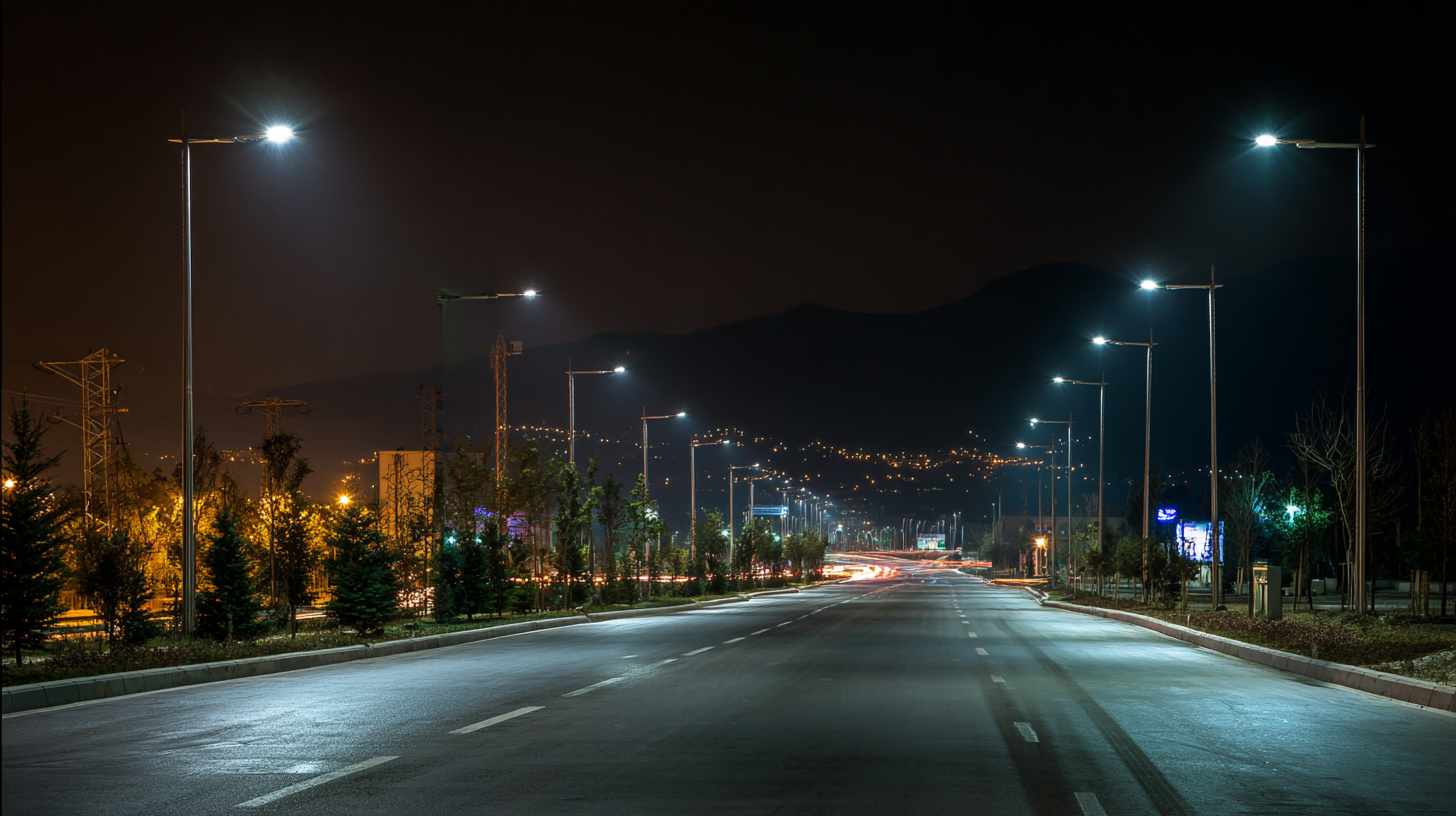
The growing emphasis on renewable energy sources has drawn attention to the necessity of robust certification processes. As seen in industries such as crude oil, where production and regulation have been closely monitored, the solar energy sector is also beginning to prioritize regulation as a means of securing quality and performance. Buyers must navigate these certification requirements meticulously, as they safeguard against substandard products and promote sustainable practices in the market. This understanding not only enhances buyer confidence but also encourages manufacturers to uphold the highest standards in their solar street light offerings.
Key Certifications for Solar Powered Street Lights in the Global Market
In the global marketplace, solar-powered street lights have gained significant traction due to their sustainable nature and cost-effectiveness. However, for international buyers, understanding the key certifications for these products is essential. Certifications such as CE, UL, and ISO 9001 serve as indicators of quality and compliance with safety standards. For instance, according to a report by MarketsandMarkets, the global solar street lighting market is expected to reach $8.3 billion by 2025, underscoring the necessity for robust certifications to ensure product integrity in diverse markets.
When navigating the myriad certification processes, one key tip is to prioritize suppliers who provide full transparency about their certifications and testing procedures. This not only aids in verifying product quality but also fosters trust between buyers and manufacturers. Buyers should also be aware that some regions have specific compliance requirements; for example, products sold in the European Union may need to meet additional directives such as the Low Voltage Directive (LVD).
Lastly, staying informed about the latest industry trends and updates regarding certification standards can offer buyers a competitive edge. Utilizing resources like the Global Solar Council and engaging in industry seminars will deepen understanding and facilitate better purchasing decisions.
Navigating Regulatory Requirements for International Solar Light Buyers
When looking to purchase solar powered street lights for international markets, it's essential to understand the regulatory environment governing imports and exports. Different countries have their own set of certifications and safety standards that must be met before these products can be distributed. Buyers should familiarize themselves with both local regulations and international compliance standards to ensure smooth transactions.
Tip: Always check the manufacturer's certifications. Compliance with international standards such as IEC or UL can significantly minimize the risks involved in cross-border purchases.
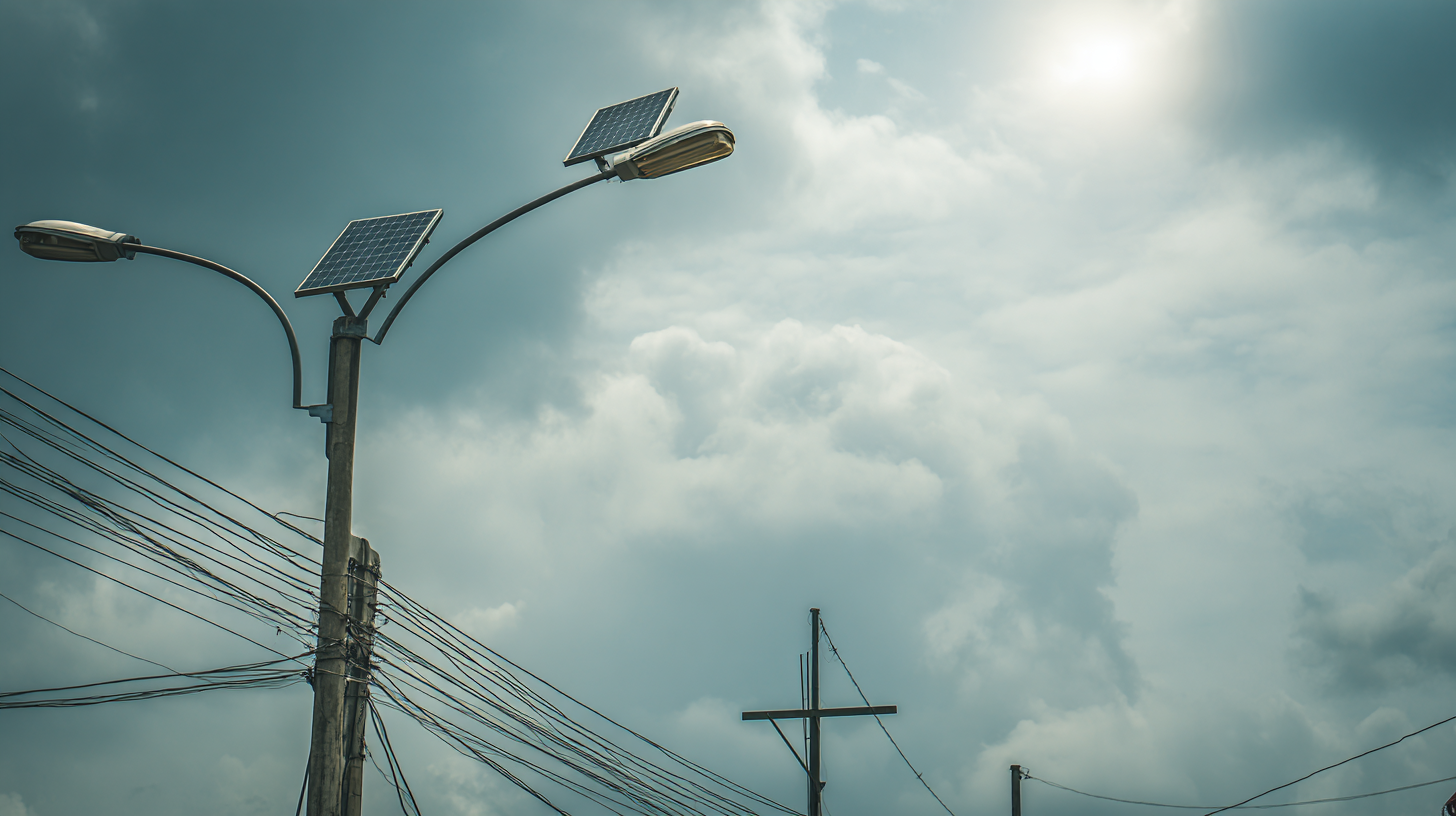
Documentation is another critical aspect of navigating regulatory requirements. Proper shipping and customs documentation can help avoid unnecessary delays and fines. Make sure to gather all necessary permits, invoices, and country-specific import licenses before initiating the shipping process.
Tip: Engage a local customs broker who understands the nuances of importing solar products. This can save time and ensure that all regulations are satisfied efficiently.
Best Practices for Ensuring Compliance in Solar Street Light Exports
When exporting solar-powered street lights, compliance with import-export certifications is paramount. This not only ensures that products meet regulatory standards but also builds trust with international buyers. The first step in ensuring compliance is to thoroughly research the specific certifications required in the target markets. Different countries may have unique regulations, such as CE marking in Europe or UL certification in the United States, which validate the safety and performance of electrical products.
Another best practice involves collaborating with knowledgeable partners in logistics and regulatory affairs. Engaging with local consultants can provide invaluable insights into the nuances of compliance in various regions. Additionally, maintaining comprehensive documentation throughout the shipping process—ranging from product specifications to safety testing results—can streamline customs clearance and avoid any potential legal pitfalls. By prioritizing these compliance measures, manufacturers can successfully navigate the complex landscape of solar street light exports, paving the way for sustainable growth and international market expansion.
Tips for Selecting Reliable Suppliers with Proper Certifications in the Solar Sector
When it comes to selecting reliable suppliers for solar-powered street lights, understanding the importance of proper certifications is crucial. These certifications not only ensure the quality and performance of solar products but also confirm that the manufacturers adhere to international standards. Global buyers should prioritize suppliers who possess certifications such as ISO 9001 for quality management systems and IEC 61215 for solar module performance.
One effective tip is to conduct thorough research on potential suppliers, checking their background and the specific certifications they hold. Look for manufacturers who can provide documented proof of their compliance with safety and performance standards. Furthermore, engaging with suppliers who have been certified by reputable third-party organizations can give you an added layer of assurance regarding the quality of their products.
Another valuable tip is to ask for references and customer reviews. Reliable suppliers often have a history of successful partnerships and positive feedback from previous clients. Engaging with these references can provide insights into the supplier’s product reliability, customer service, and overall satisfaction, helping to inform your purchasing decision. By taking these steps, global buyers can confidently navigate the complex market of solar-powered street lights while ensuring they source from certified and trustworthy suppliers.
Navigating Import Export Certifications for Best Solar Powered Street Lights for Global Buyers
| Certification Type | Description | Importance | Region |
|---|---|---|---|
| ISO 9001 | Quality Management Systems certification. | Ensures consistent quality in products. | Global |
| IEC 62132 | International standard for measuring electromagnetic immunity. | Critical for product reliability and consumer safety. | Global |
| CE Marking | Indicates conformity with health, safety, and environmental protection standards. | Mandatory for products sold in the European Economic Area. | European Union |
| UL Certification | Certification for safety standards in the USA. | Enhances consumer trust in product safety. | North America |
| RoHS Compliance | Restriction of Hazardous Substances directive. | Ensures products are free from harmful substances. | European Union |

